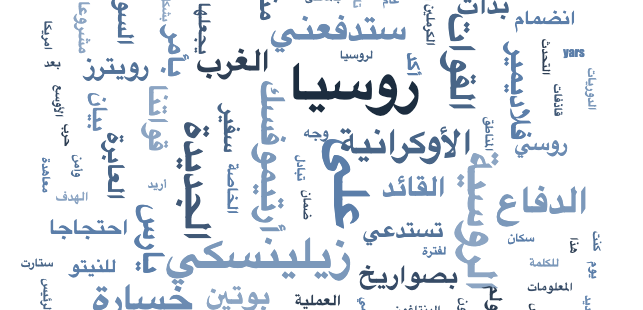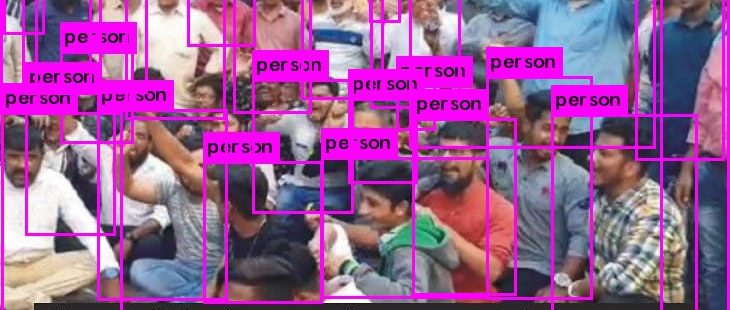Egypt Claims to Counter Disinformation, but Whose Disinformation is Sisi Fighting?
Misinformation – whether deliberately harmful or unintentionally misleading – is nothing new. Political actors have always competed for attention and legitimacy by strategically framing their narrative, occasionally distorting the facts or counteracting alternative versions of the truth. The term ‘disinformation’ however became somewhat of a buzzword in recent years (Bennett and Livingston, 2018). In today’s media environment, the debate surrounding this issue specifically pertains to unverified or misappropriated claims as










